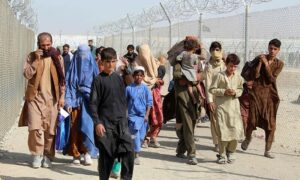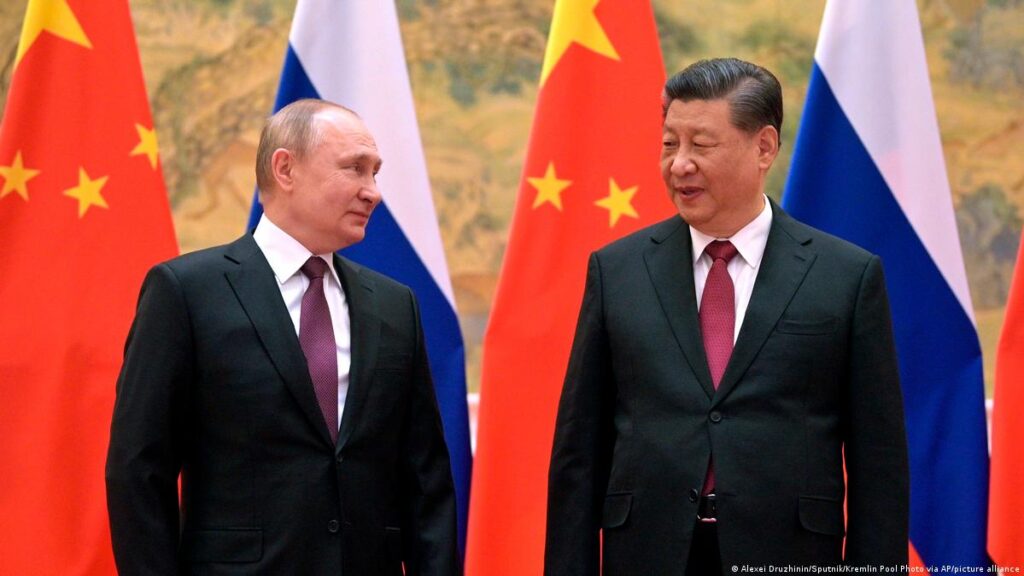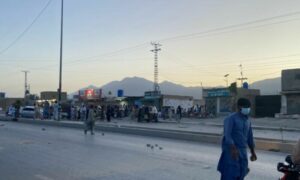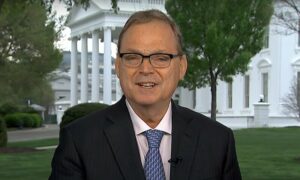A week after being re-elected as China’s President, Xi Jinping made a momentous move by acting as a mediator in the unexpected rapprochement between Saudi Arabia and Iran. Many see the move as a new level of ambition for Mr. Xi, who is attempting to project himself as a global statesman in the escalating rivalry between China and the United States. Mr. Xi can be seen as seizing on the waning American power in the area and presenting China as an alternative to and for future diplomatic solutions by taking credit for brokering a peace deal in the Middle East.
Despite its reputation as a passive diplomatic actor, China had been preparing for this juncture for some time. Iran proposed diplomatic talks to resume relations with Saudi Arabia in 2021, but the latter declined due to deep security disagreements. Eventually, in an effort to improve relations, both sides decided to negotiate with each other through Iraq, led by then-Prime Minister Mustafa al-Kadhimi, who acted as a facilitator. The two countries conducted five rounds of intensive talks in Baghdad in 2022, but the talks came to a halt when al-Kadhimi was replaced as Prime Minister of Iraq by Mohammad Shia al-Sudani.
Concurrently, in July 2022, the Saudis detained an Iranian pilgrim who had raised his phone in Masjid al-Haram in Mecca, showing a picture of Gen. Qassem Soleimani, adding to the unease and effectively halting the dialogue process. Although Iran ultimately obtained the release of the detained pilgrim, the momentum of the negotiations was lost, not least because Iraq’s political situation had changed and Prime Minister Sudani had shown little interest in continuing to play the role of a mediator. Frustrated by the disruption, Saudi Arabia asked China to act as a go-between when President Xi Jinping visits Riyadh in December 2022. As a result, a series of China-driven talks between the two historic adversaries began.
In February 2023, Iranian President Ebrahim Raisi paid a visit to China, where President Xi greeted him with a 21-gun salute in Tiananmen Square, a gesture never before shown to any Iranian high-level official in any Western city. The red carpet was seen as important in assuaging Iranian concerns about China’s position as a facilitator. During his visit, the Chinese Premier also revealed the terms of the Saudi plan to Iran’s President, as well as his offer to mediate the proceedings as a neutral third party.
With Chinese mediation, the two parties achieved an agreement and issued a joint statement on March 10, 2023, promising the resumption of diplomatic ties between the two. In addition to other diplomatic gestures, the two sides decided to reopen embassies in their respective capitals. The Saudi King has also invited the Iranian President to Riyadh for an official tour, which would be the first visit to the former by an Iranian president in twenty-four years.
The success of this agreement places China firmly in charge of Middle Eastern politics, a role that was traditionally reserved for global power players such as the United States and Russia. It also demonstrates China’s desire to supplement its economic power in the region with diplomatic clout. China’s strategy to mediation in this specific dyad has also been distinct from that of the United States, which has frequently used military intervention and sanctions to address regional conflicts. China has instead adopted a more diplomatic stance, emphasising dialogue and negotiation. This strategy has also proven effective in other areas, such as Africa, where China has already established itself as a key mediator in a number of disputes.
China is positioning itself as a leader in multilateralism and non-interference with this newest diplomatic overture. The Saudi-Iran agreement, which is consistent with China’s involvement in the area, focuses on mutual economic benefits and a more Eastern-centric diplomatic outlook. Some experts, on the other hand, see this effort as nothing more than a strategy to expand China’s global political influence in order to dethrone the United States as global policeman, judge, and jury.
At the same time, China’s diplomatic attempts are fraught with difficulties. Its policy of not interfering in the domestic affairs of the nations for which it mediates while also promoting trade and investment has been criticised for ignoring human rights violations and authoritarian regimes. Furthermore, China’s growing economic influence in the area has alarmed some countries, especially the United States, about the strategic implications of China’s expansion.
As China attempts to become a more active power broker and mediator not only in the Middle East but also internationally, it must manage the inherent challenges that such a role entails. Regardless of how effective this agreement between Saudi Arabia and Iran has been, China is still a relatively new player in the field of international mediation and may lack the experience of traditional mediators such as the United States and other Western powers.
In this case, Saudi Arabia and Iran already had extensive and interdependent economic ties with China, which aided the three parties in reaching a diplomatic settlement. Furthermore, according to some analysts, Iran and Saudi Arabia were already seeking to improve relations, a scenario that China was able to take advantage of in order to increase its diplomatic clout. Despite his desire to make China the worldwide go-to for diplomatic mediation, President Xi may find it more difficult to mediate between countries that are less amenable to resumption of ties. As a result, much remains to be seen before deciding whether China, under a third-term Xi, has emerged as the new global diplomatic mediator and to what extent it can replace the existing global order of mediators and facilitators, which includes the United States, Russia, and European powers.











